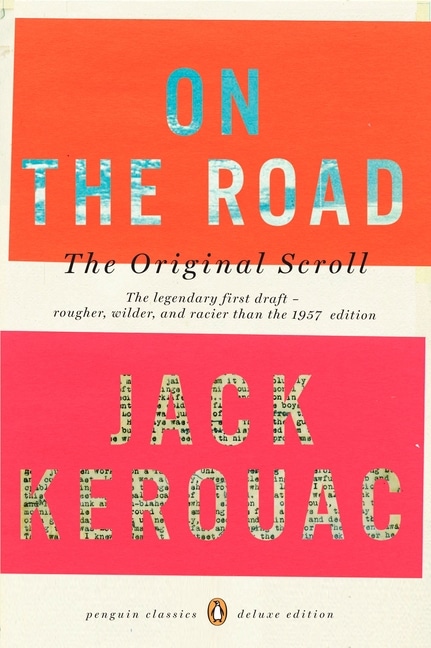Showing the single result
About Jack Kerouac
Jack Kerouac, a groundbreaking American novelist and poet, carved a lasting impression on the mid-20th century literature scene. Born Jean-Louis Kerouac in 1922 in Massachusetts to French-Canadian parents, he was a key figure in the post-war Beat Generation, a literary movement marked by experimentation and a bohemian lifestyle. Struggling through a childhood mired by depression, poverty, and alcoholism, writing became his solace. Jack’s ability to capture the spirit of his time grew out of his own experiences and endeared him forever to a generation in search of authenticity and freedom.
Kerouac’s writing style was unique and innovative, characterized by spontaneous prose and a zest for the romance of the road. His most famous work, “On the Road,” was a semi-autobiographical depiction of his cross-country journeys with his friends. Published in 1957, it became a defining work that captured the zeitgeist of the Beat Generation. Other notable works include “The Dharma Bums,” “Big Sur,” and “Desolation Angels,” each of which reflected his contemplations on spirituality, self-realization, and the struggle of marginalized people.
Despite international recognition, Kerouac grappled with substance abuse, mental health issues, and persistent loneliness throughout his life. These personal battles undermined his professional achievements and led to his untimely death due to liver cirrhosis in 1969. Kerouac’s influence extends beyond literature, as he’s celebrated as a counterculture icon whose passionate exploration of life’s possibilities still resonates with readers worldwide. His work has served as a lighthouse for aspiring writers, offering encouragement to challenge familial, societal, and literary norms, and to seek truth in life’s disorder and beauty.
